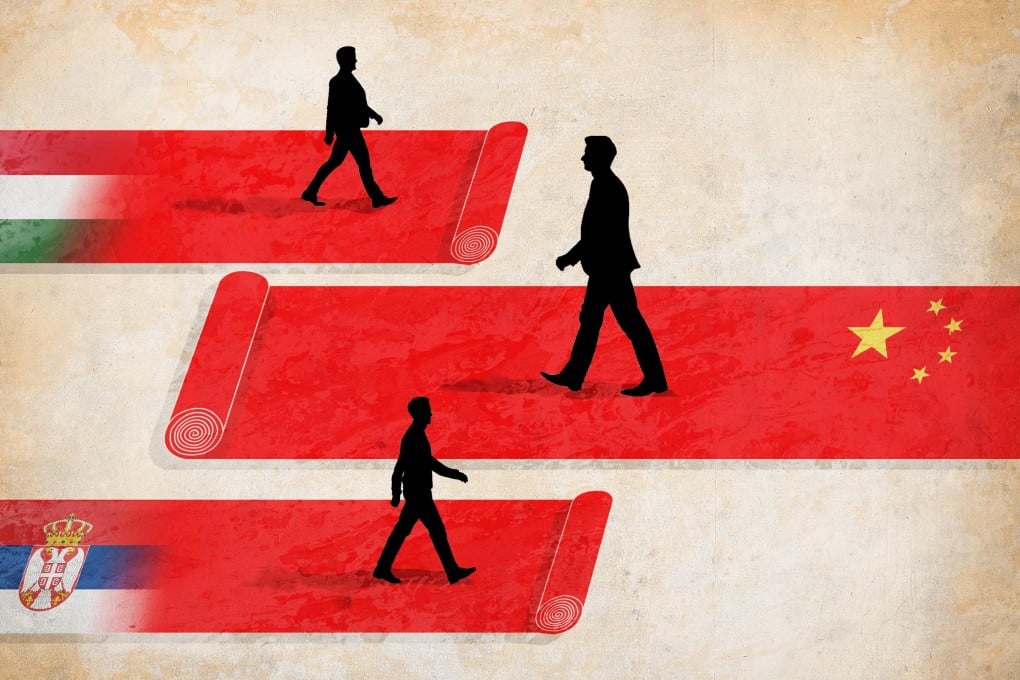Xi Jinping banking on Hungary and Serbia in face of growing China-Europe tensions
- Meeting with Serbian President Aleksandar Vučić expected to be heavy on symbolism as it coincides with 25th anniversary of Nato’s bombing of China’s embassy
- Hungary offers another ‘safe’ destination as the most China-friendly voice within both the EU and Nato under Viktor Orban’s leadership

The visit comes amid growing friction with the European Union as a result of growing trade tensions and widespread suspicions over Beijing’s relations with Russia following the invasion of Ukraine.
The choice of two friendly countries that have their own tensions with Brussels – from inside the bloc in Hungary’s case and from outside in Serbia’s case – is seen as a “safe” choice by diplomatic analysts.
Some of these observers believe the tour will offer China an opportunity to gauge how it is seen in Europe as well as cementing established bonds and pitching its vision of a multipolar world by highlighting a lingering scar in its relations with the West.
“The visits will certainly be a milestone in contemporary relations between China and Europe,” said Stefan Vladisavljev, programme coordinator of the Serbia-based foundation BFPE for a Responsible Society.